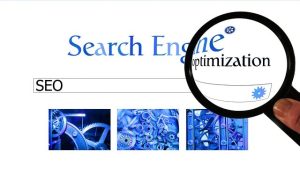An SEO Agency for E-commerce Websites is key to success in the digital marketplace, optimizing product pages to boost online visibility and sales. They leverage techniques like keyword integration (e.g., "Luxury Leather Women's Sneakers"), meta enhancements, content structuring, and mobile responsiveness. By analyzing market trends, competitor strategies, and user behavior, these agencies create compelling product content that drives organic traffic and conversions. Prioritizing a seamless user experience through straightforward navigation, high-quality visuals, and customer reviews further enhances online store rankings and long-term business success.
In today’s digital landscape, an effective SEO strategy is paramount for e-commerce success. This comprehensive guide explores the intricate elements of optimizing product pages, a key driver for sales and customer conversions. From understanding the essence of product page SEO to leveraging high-quality content and user experience, this article equips both established and aspiring e-commerce businesses with actionable insights. Discover how a top-notch SEO agency can elevate your website’s performance, making it a powerhouse in online retail.
Understanding E-commerce Product Page SEO: Why It Matters
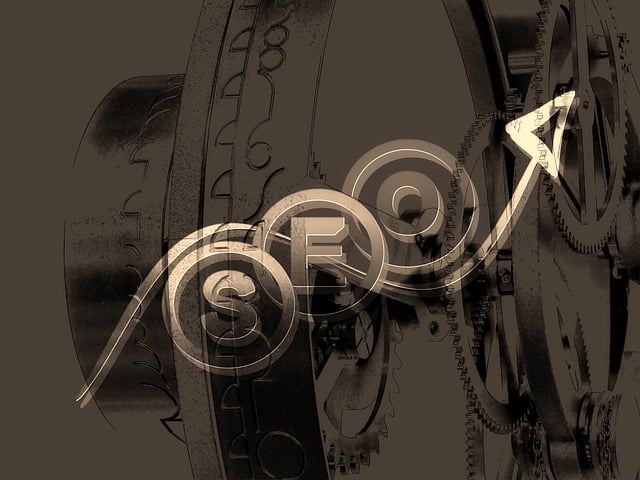
In the dynamic landscape of e-commerce, a well-optimized product page is akin to having a dedicated sales team working around the clock. SEO for e-commerce product pages isn’t just about attracting visitors; it’s about converting them into customers. A top-ranking product page ensures that your offerings are seen by potential buyers who are actively searching for what you sell, thereby increasing visibility and driving sales.
For an SEO Agency specializing in e-commerce websites, this means employing strategic techniques to ensure each product page is not just indexed but also ranks high in search engine results. This involves optimizing meta titles and descriptions, structuring content for readability, leveraging relevant keywords, and ensuring mobile responsiveness. By implementing these practices, a SEO Agency can help businesses maximize their online potential, ultimately leading to increased revenue and a competitive edge in the digital marketplace.
Keyword Research for E-commerce: Identifying High-Value Terms
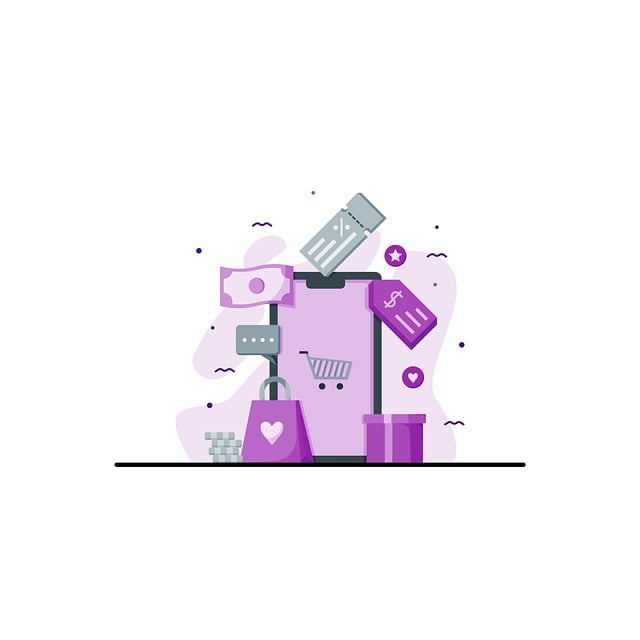
In the realm of e-commerce, a well-crafted product page is only as effective as its ability to reach the target audience. Keyword research is a pivotal aspect of Search Engine Optimization (SEO) for these pages, acting as a map guiding potential customers and SEO agencies alike. By identifying high-value terms relevant to your niche, you can ensure your product pages rank higher in search engine results. These keywords should reflect what your ideal customer is searching for when looking for products like yours.
An SEO agency for e-commerce websites can play a strategic role here by analyzing market trends and competitor strategies to uncover these high-value terms. Incorporating such keywords into essential elements of product pages, including titles, meta descriptions, and content, can significantly boost visibility and drive organic traffic. This meticulous process requires a deep understanding of both the target audience and the ever-evolving algorithms of search engines.
Optimizing On-Page Elements: Title Tags, Meta Descriptions & Headings

Optimizing on-page elements is a crucial step in enhancing your e-commerce product pages’ search engine visibility. One of the primary aspects is crafting compelling and keyword-rich title tags. These act as a concise summary of your product, capturing both customer interest and search engine attention. A well-optimized title tag not only includes the product name but also incorporates relevant keywords that describe its unique selling points or features. For instance, instead of “Women’s Shoes,” consider “Luxury Leather Women’s Sneakers | Sustainable & Comfortable.”
Additionally, meta descriptions play a vital role in attracting clicks from search engine results pages (SERPs). While not directly ranking factors, compelling meta descriptions can significantly impact click-through rates. They should be descriptive, enticing, and include specific keywords to match user search queries. Headings, too, are essential for organizing content and guiding both users and search engines through your product page. Utilizing H1 for the main heading and subsequent H2, H3 headings for subsections helps create a clear hierarchy of information, making it easier for both SEO agencies for e-commerce websites and visitors to navigate and understand the unique benefits of the product.
Leveraging High-Quality Product Content to Boost Rankings
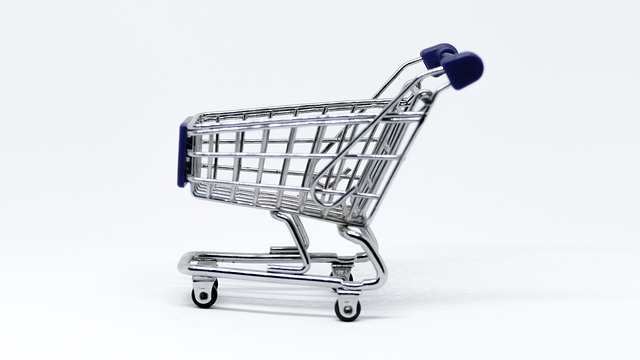
High-quality product content is a powerful tool for any e-commerce website aiming to improve its search engine rankings. When an SEO agency for e-commerce websites crafts compelling and informative product descriptions, it doesn’t just enhance the user experience—it also signals to search engines that your site offers valuable information. This can significantly boost your page’s authority and relevance in a crowded digital marketplace.
By incorporating keywords naturally into well-written content, you attract both customers and search engine crawlers. Detailed product pages with rich content not only answer potential buyers’ questions but also encourage them to spend more time on the site. This longer dwell time is a positive signal for SEO algorithms, demonstrating that your page provides a rewarding experience, which can ultimately drive conversions and increase sales.
The Role of User Experience in E-commerce SEO Strategies

In the realm of e-commerce, where competition is fierce and customer attention spans are short, a seamless user experience (UX) is not just desirable—it’s imperative for effective SEO strategies. A well-designed product page that offers users a straightforward path to discovery, easy navigation, and a frictionless checkout process can significantly boost search engine rankings. This is especially true for an SEO Agency for E-commerce Websites, where the goal is to attract and convert visitors into buyers. Efficient UX design ensures that users engage with the site, interact with product details, and ultimately make purchases, all of which send positive signals to search engines about the relevance and quality of the content.
Moreover, a user-centric approach to SEO in e-commerce involves optimizing not just for keywords but also for the overall satisfaction of visitors. This includes leveraging high-quality visuals, clear product descriptions, customer reviews, and social proof to enhance the UX. By prioritizing these elements, an SEO Agency for E-commerce Websites can create product pages that are not only optimized for search engines but also designed to captivate users, driving higher conversion rates and long-term business success.
Measuring and Analyzing E-commerce Product Page Performance
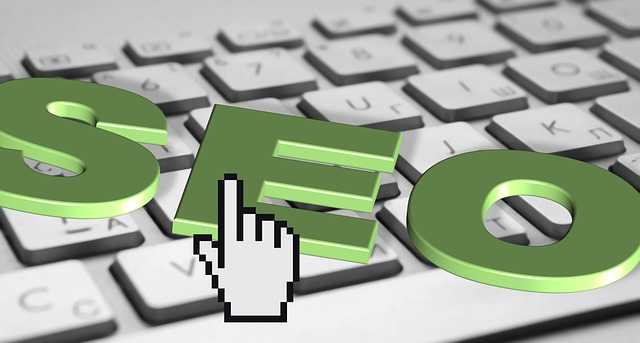
Measuring and analyzing e-commerce product page performance is a critical step in optimizing your online store for better search engine rankings. As an SEO agency specializing in e-commerce websites, we understand that each page should be treated as a unique entity with its own set of metrics to gauge success. Key Performance Indicators (KPIs) such as click-through rates (CTRs), conversion rates, average session duration, and bounce rates offer valuable insights into user behavior and engagement.
By utilizing tools like Google Analytics, you can track these metrics over time, identify trends, and pinpoint areas for improvement. For instance, low CTRs might indicate a need for better keyword optimization or compelling product descriptions, while high bounce rates could suggest issues with page load speed or usability. Addressing these performance gaps not only enhances the user experience but also signals to search engines that your e-commerce product pages are valuable resources, boosting their likelihood of higher rankings.
